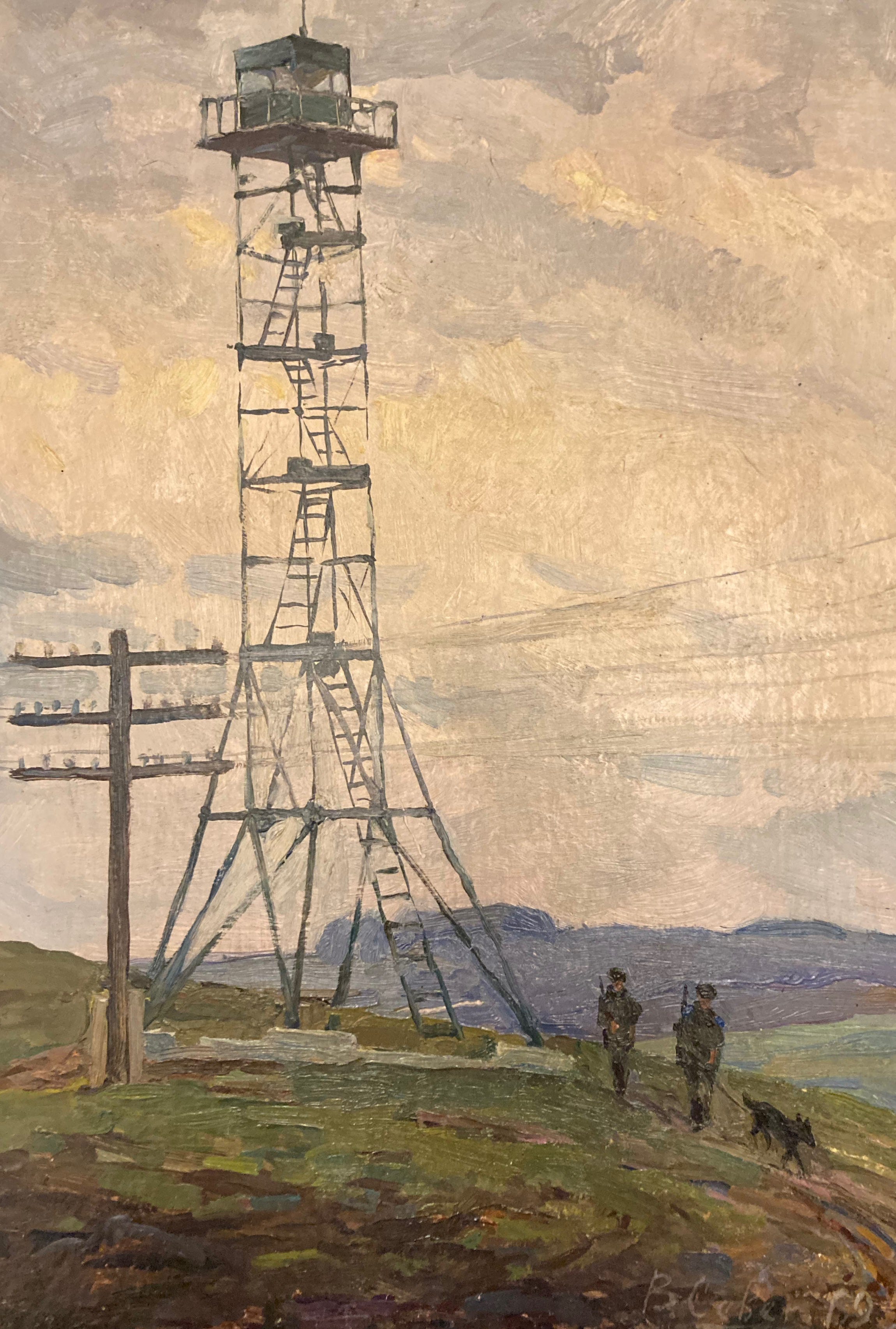(Counter)terrorism, the Bureaucratic State, and What May We Hope?
Free Audiobook for Memorial Day

Greetings, Fellow Travelers,
Some years ago, my friend Mark Maguire and I wrote a book, Getting Through Security: Counterterrorism, Bureaucracy, and a Sense of the Modern. For those of you in the US, this seems quite an apt topic for Memorial Day. What were, are, we defending?
Right after the book went to press, Covid and other things happened. Lousy timing, actually. Sometime along the way, Mark and I got the audio rights back from the publisher, Routledge. Over time, I recorded GTS, which was a long and tedious process. Vince Parlato helped with the production of the first several chapters, and even wrote some cool original music. But lots more life got in the way, and it was clear we weren’t going to finish this project for even more years. So, for the remaining chapters, I eventually decided to put up the raw files, just me reading. The Audiobook of Getting Through Security is free.
In finally kicking the audiobook out, I re-engaged GTS. I have been away long enough for the text to feel fresh, as if written by somebody else. I often didn’t know what was coming next. Without false modesty, I loved it.
It would be silly to try and recapitulate a complicated book, with an introduction all its own, but three points seem worth making here.
First, method. The idea here was to use ethnographic accounts as the foundation for critical and philosophical inquiries. Contrast thought experiments, e.g., state of nature stories. I think it works well, but there is a real difficulty. Stories of terrorist attacks and cloak and dagger security stuff are so interesting in their own right that they sort of seize the stage. Still, I think the stories ground the thinking, and that’s important.
Second, GTS shares a lot with my forthcoming book, Social Thought from the Ruins: Quixote's Dinner Party. Many of the conversations memorialized in Quixote’s Dinner Party were about, or were what became, GTS. Moreover, Quixote’s Dinner Party takes up theoretical questions that were raised in the research and writing of GTS, but that did not fit the text. Questions about the nature and possibilities of the critical social sciences, for example.
Third, scale and timeliness. GTS comes to grips with violence, the state, and what it means to be modern. And how should we feel about that? How do we locate ourselves? What might be hoped? These are perennial questions, of course, but they are very timely now, when partisan discontent with . . . well, you know.
GTS is both sympathetic to, and offers a stance quite different from, contemporary critiques of modernity grounded in Nietzsche, hatred of managerialism, and the like. More bluntly, so-called populism has a point. On the other hand, the existing social order cannot be simply asserted to be good, as establishment parties continue to insist, implausibly to both social theorists and the demos.
The task, then, is to develop what the English charmingly call the loyal opposition. We do this by contemplating our rages, the pathos of our organization of violence, and our collective and individual need to be safe, to care for one another. Or, by playing Lear against Leviathan. But I’m getting ahead of myself.
I was going to charge for this book, but I’d rather more people read it. If you like Getting Through Security, please share.
If you’re in a position to take out a paid subscription to Intermittent Signal, that would be very much appreciated.
I hope you enjoy the book.
Safe travels.
-- David A. Westbrook




